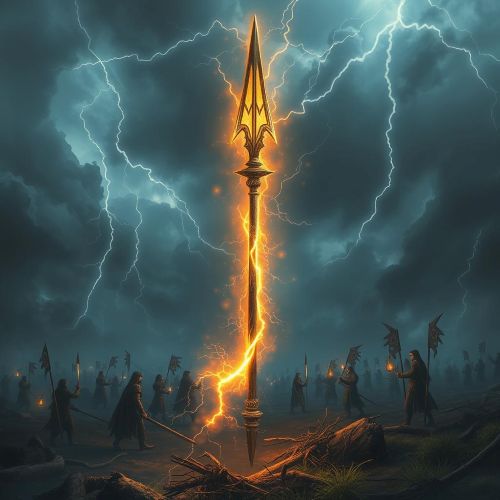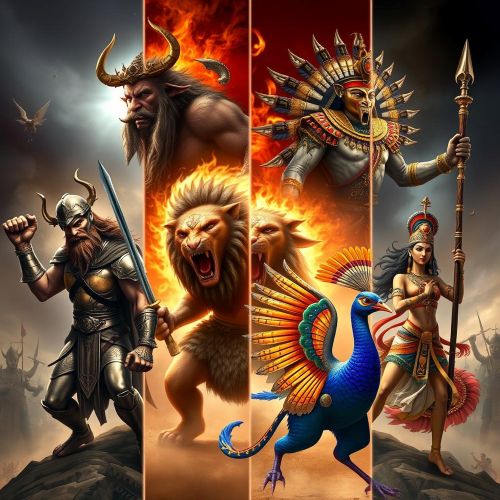Differences between Greek and Roman gods
The ancient Greek and Roman civilizations were closely related, and their mythologies share many similarities. Both cultures had a pantheon of gods and goddesses who were responsible for the natural world, human affairs, and the afterlife. However, there are also some key differences between Greek and Roman gods.
Similarities
- Similar deities. Many of the gods and goddesses in Greek and Roman mythology are the same, although they may have different names. For example, the Greek god Zeus is the equivalent of the Roman god Jupiter, the Greek goddess Athena is the equivalent of the Roman goddess Minerva, and the Greek god Poseidon is the equivalent of the Roman god Neptune.
- Similar functions. The gods and goddesses in Greek and Roman mythology also have similar functions. For example, Zeus is the king of the gods in both cultures, Athena is the goddess of wisdom and warfare, and Poseidon is the god of the sea.
- Similar myths. Many of the myths about Greek and Roman gods are also similar. For example, the myth of the Trojan War is told in both cultures, and the myth of the labors of Hercules is also similar.
Differences
- Names. As mentioned above, the gods and goddesses in Greek and Roman mythology have different names. This is because the Roman gods were borrowed from Greek mythology, and the Romans often gave them Latin names.
- Personality traits. The gods and goddesses in Greek and Roman mythology also have different personality traits. The Greek gods are often portrayed as being more human-like, with both good and bad qualities. The Roman gods, on the other hand, are often portrayed as being more idealized and perfect.
- Rituals. The rituals that were performed to worship the gods and goddesses in Greek and Roman mythology also differed. The Greeks often performed public rituals, such as sacrifices and festivals, while the Romans often performed private rituals, such as prayers and offerings.
The Greek and Roman gods are a fascinating study in contrasts. Despite their similarities, they also have some key differences that reflect the different cultures that created them. By understanding these similarities and differences, we can gain a deeper appreciation for both Greek and Roman mythology.
In addition to the similarities and differences listed above, there are a few other things to keep in mind when comparing Greek and Roman gods.
- The Greek gods were originally worshipped in Greece, while the Roman gods were originally worshipped in Italy. However, both sets of gods were eventually worshipped throughout the Mediterranean world.
- The Greek gods were often depicted as being more beautiful than the Roman gods. This is because the Greeks placed a high value on beauty, while the Romans placed a higher value on strength and power.
- The Greek gods were often involved in more complex and dramatic myths than the Roman gods. This is because the Greeks were more interested in exploring the human condition, while the Romans were more interested in providing practical guidance for their lives.
Ultimately, the Greek and Roman gods are two fascinating and complex sets of deities that offer a glimpse into the cultures that created them. By studying these gods, we can learn more about the values and beliefs of these ancient civilizations.






